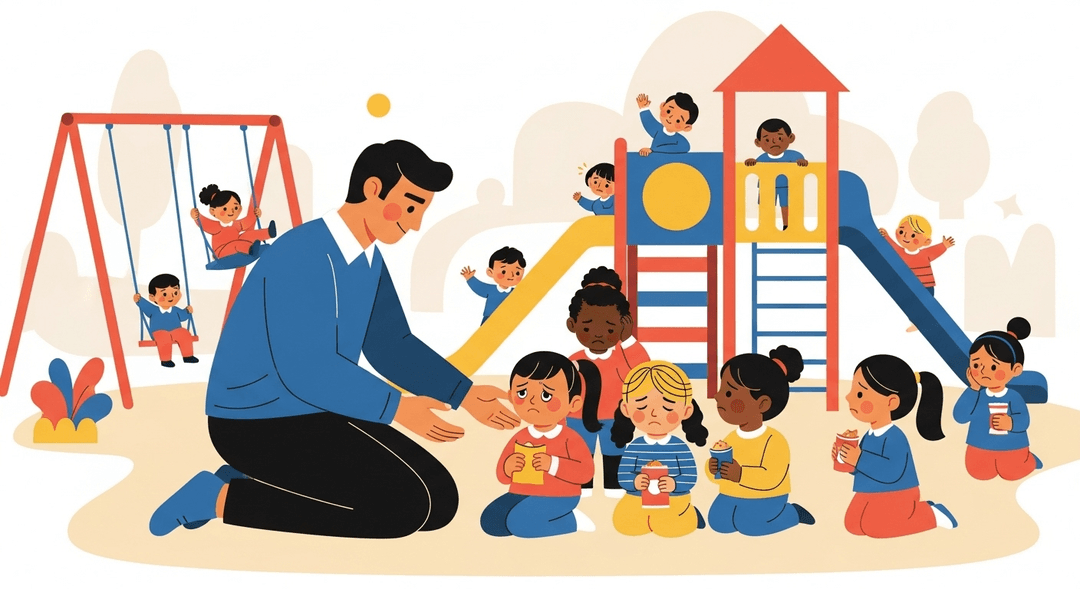Encourage Them to Stand Up for Others Who Are Being Treated Unfairly
So your kid just watched another kid get their snack snatched and you’re wondering: do I raise a tiny superhero or a future bystander? Welcome to the world of ‘do the right thing’ pep talks, where you try to teach empathy without sounding like a Saturday morning cartoon. If you’ve ever found yourself practicing what you’d say to a playground bully (and then chickening out), this one’s for you.
Standing up for others activates empathy circuits, strengthens moral reasoning, and helps kids feel competent and connected. For parents, modeling this behavior can actually reduce stress and guilt (science says so!) and help build a more trusting, supportive relationship. Plus, kids who practice advocacy show more resilience, higher self-esteem, and are less likely to freeze in tough social moments.
How to do it
Start by introducing the concept of fairness in a fun and dramatic way—think of it like the latest superhero movie, with clear good vs. bad moments and plenty of excitement. This helps make the idea engaging and easy to understand.
Use stories, whether real or made-up, to illustrate what fairness looks like in everyday life. Relatable examples help your child connect with the concept on a personal level.
Practice responses together using silly role-plays. Don’t be afraid to get creative—use funny voices or exaggerated scenarios to make it memorable and enjoyable.
Remind your child that standing up for fairness doesn’t have to mean starting a confrontation. Sometimes, it’s as simple as saying, “That’s not okay,” or finding a grown-up to help.
Celebrate every small success. Whether it’s a quiet word of support or a hesitant step toward helping someone, every effort counts and deserves recognition.
Key Tips:
- Make fairness fun and dramatic to capture attention.
- Use stories to make the concept relatable.
- Practice with role-plays to build confidence.
- Emphasize that standing up can be simple and non-confrontational.
- Acknowledge and celebrate every effort, no matter how small.
